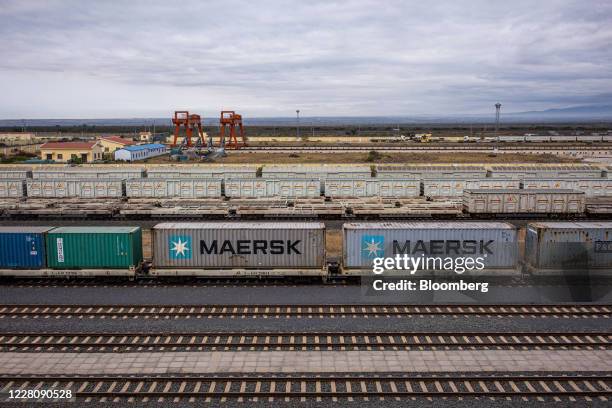
Due to the increase in the Railway Development Levy and port congestion in Mombasa, which has forced shipping lines to impose surcharges, households are facing a steep surge in commodity prices.
This follows President William Ruto’s signature of the new Tax Laws (Amendment) Bill 2024 on December 11, the government has begun implementing the new RDL, which has increased from 1.5% to 2%.
The amendments were as a result of withdrawal of the Finance Bill, 2024 after a public outcry on the punitive tax proposals that were to be introduced in the current financial year ending June 2025.
The new law amended various provisions in the Income Tax Act, Value Added Tax Act, Excise Duty Act, Miscellaneous Fees and Levies Act and the Tax Procedures Act.
According to Kenya Revenue Authority (KRA), the Railway Development Levy is chargeable on all goods imported into the country for home use.
The RDL was introduced in 2013 and the fees collected were to fund the construction of the Standard Gauge Railway from Mombasa to Kisumu.
In the financial year 2023- 24, the government raised about Sh31.7 billion from RDL against a target of Sh34.7 billion.
With the increase, shippers and traders in the country have warned that the extra costs will be passed to consumers, a move that will have a huge impact as Kenya remains a net importer.


















